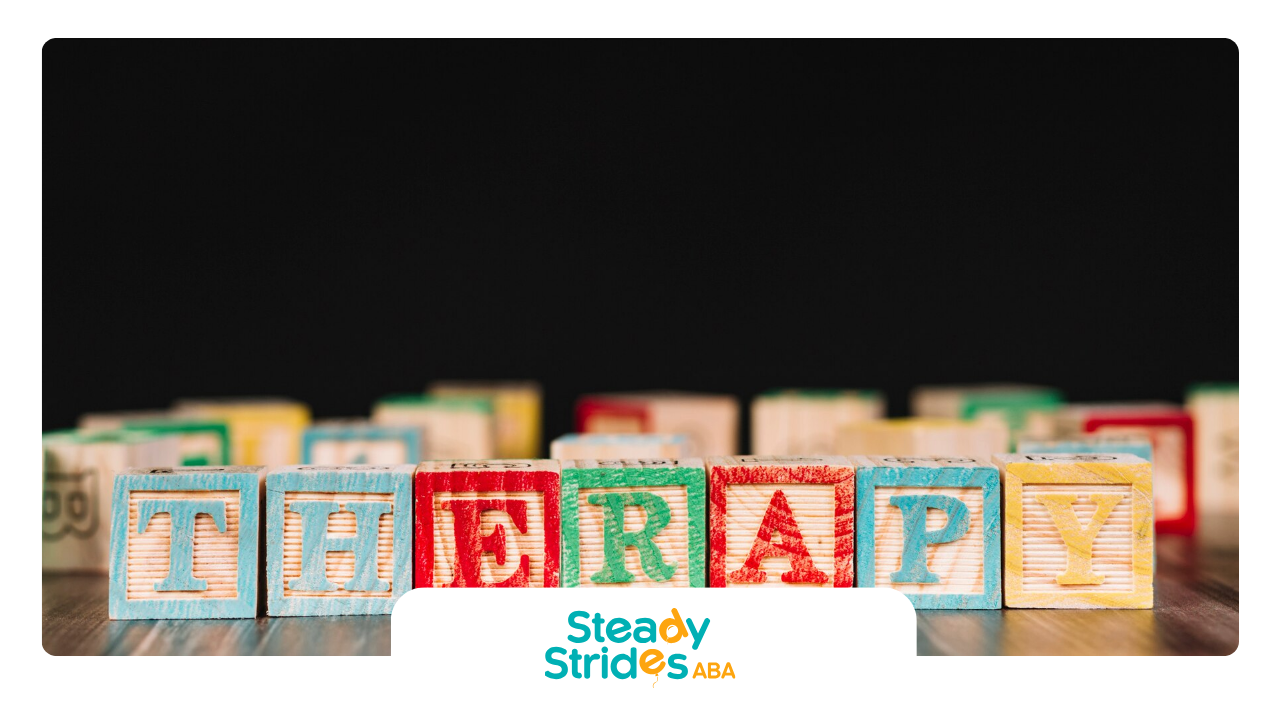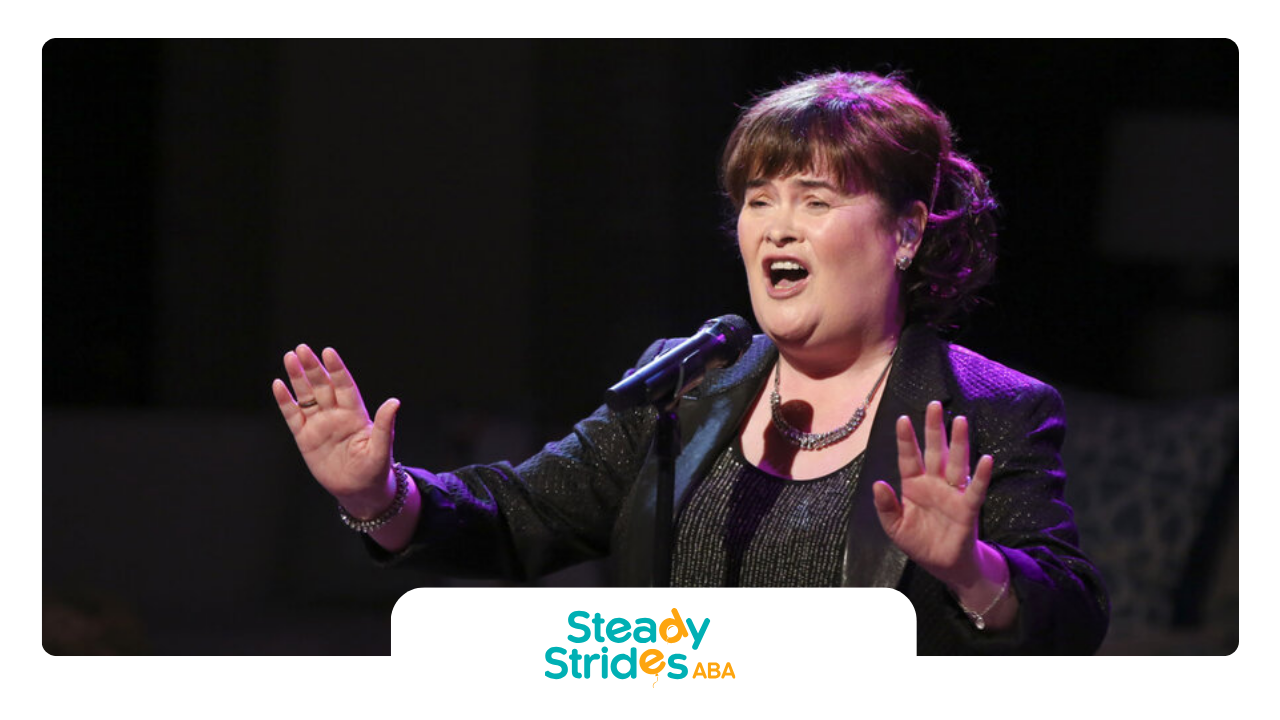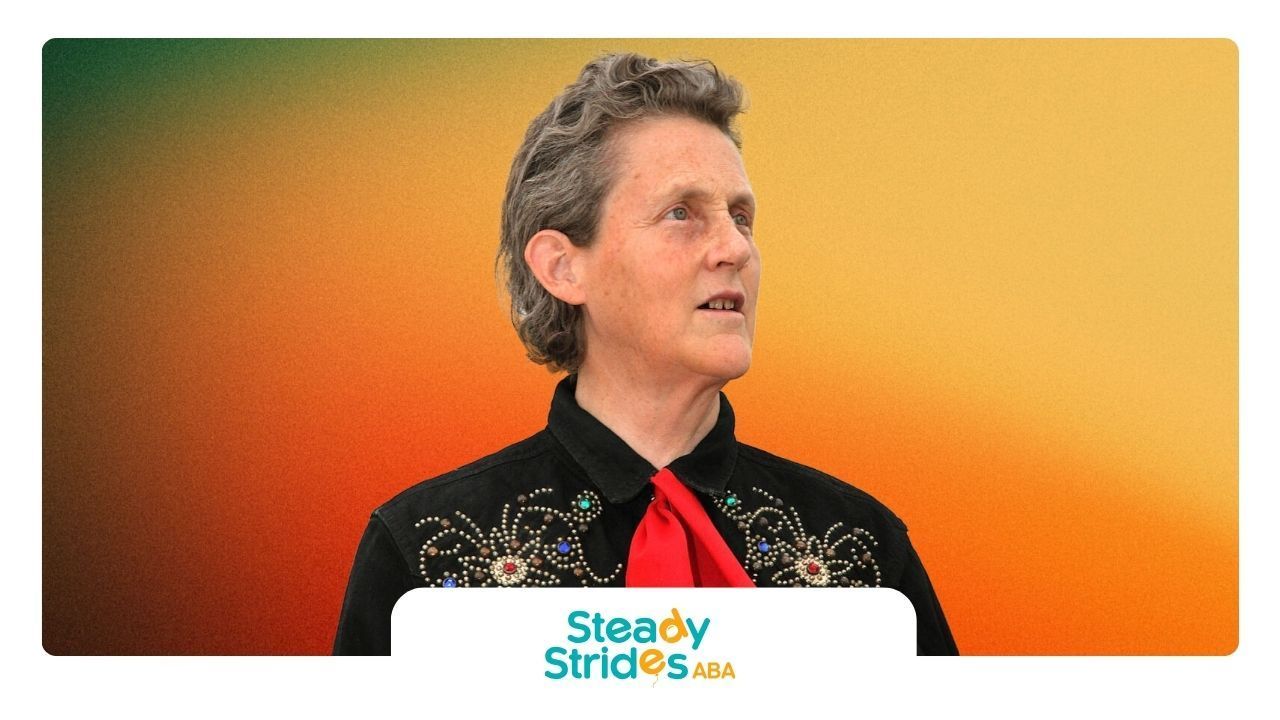The question of whether autistic adults can live alone is one that many families, caregivers, and individuals with autism themselves often ask. The answer is nuanced and depends on various factors, including the individual's needs, support systems, and life skills. Living alone is a milestone for many adults, but for autistic individuals, it requires thoughtful consideration and preparation.
In this blog post, we will explore the key factors that influence whether an autistic adult can live independently, the challenges they may face, and strategies that can help them thrive in independent living.
Understanding Autism in Adults
Autism spectrum disorder (ASD) is a neurodevelopmental condition that affects individuals in different ways. While autism is often diagnosed in childhood, many individuals continue to live with the effects of autism into adulthood. For some, autism manifests in challenges related to social interaction, communication, sensory sensitivities, and restricted behaviors or routines.
However, it's essential to remember that autism exists on a spectrum. This means that the severity of symptoms can vary widely from one individual to another. Some autistic adults may experience significant challenges with daily tasks and require a high level of support, while others may be highly independent, working, and living on their own.
In recent years, there has been a growing focus on helping autistic adults live fulfilling lives that include independence and meaningful participation in society. Living alone can be part of this journey, but it requires planning and understanding.
Key Factors That Influence Independent Living for Autistic Adults
1. Cognitive and Life Skills
One of the most significant factors in determining whether an autistic adult can live alone is their cognitive ability and life skills. Life skills refer to essential tasks such as cooking, cleaning, managing money, and personal hygiene, all of which are necessary for independent living.
Autistic adults with strong cognitive and adaptive skills may be better equipped to manage these daily activities. However, individuals with more significant support needs may require assistance with some or all of these tasks. It’s important to assess these skills on a case-by-case basis.
Some areas to consider include:
- Self-care: Can the individual maintain personal hygiene and manage daily routines like dressing, showering, and grooming?
- Cooking and meal planning: Does the individual know how to prepare meals, follow recipes, and handle kitchen appliances safely?
- Money management: Can the individual handle budgeting, paying bills, and managing expenses?
- Cleaning and housekeeping: Is the person able to clean their living space and perform necessary household tasks?
For some autistic adults, these skills may need to be developed or supported through intervention, such as Applied Behavior Analysis (ABA) therapy, which can teach and reinforce these essential skills.
2. Social and Communication Skills
Living alone requires a certain level of social and communication skills. While many autistic adults can develop communication strategies and techniques, they may still struggle with social interactions, understanding social cues, and building relationships.
Social isolation is a concern for some autistic adults, as challenges in communication may make it difficult to connect with others. This can be an important consideration when thinking about whether someone can live alone. Having a strong social support system, even if it's virtual or remote, can be incredibly beneficial.
Factors to consider include:
- Community and support networks: Does the person have family members, friends, or community resources that can help them if needed?
- Emergency communication: Can the individual recognize when they need help and know how to ask for assistance or contact others in case of emergency?
- Social engagement: Does the person feel comfortable engaging with others in their community, such as neighbors, coworkers, or social groups?
Improving social and communication skills can be achieved through therapy, support groups, and social training programs. ABA therapy can also be helpful in teaching strategies to navigate social situations and understand non-verbal cues.
3. Sensory Sensitivities
Many autistic individuals experience sensory sensitivities, such as heightened sensitivity to noise, lights, textures, or smells. These sensitivities can impact daily living, especially in environments that are not tailored to an individual’s needs.
For example, someone with a heightened sensitivity to sound may struggle with living in a noisy apartment complex or near a busy street. Likewise, certain textures in clothing or furniture may be uncomfortable.
When considering independent living, it's crucial to create an environment that minimizes sensory overload. This might include:
- Choosing a quiet neighborhood or apartment.
- Using noise-canceling headphones or earplugs.
- Setting up a calming sensory-friendly space within the home, such as a quiet room with dim lighting.
Autistic adults who are able to manage their sensory sensitivities can more comfortably live alone, as they can adjust their surroundings to suit their needs.
4. Mental Health Considerations
Mental health is a critical factor in independent living. Many autistic individuals also face mental health challenges, including anxiety, depression, or ADHD, which can complicate independent living. Managing these conditions often requires support and intervention.
Living alone may exacerbate mental health challenges for some individuals, especially if they experience social isolation or struggle with managing stress. It's important to assess whether an autistic adult is able to manage their mental health independently or if they would need access to therapy or counseling.
Strategies for managing mental health challenges include:
- Therapy or counseling for mental health support.
- Medication management if necessary.
- Developing coping strategies for managing stress and anxiety.
- Building a support network of professionals or community services.
If an individual struggles with mental health challenges, they may benefit from additional assistance or monitoring as they adjust to living independently.
5. Safety and Emergency Preparedness
Safety is an essential consideration when thinking about whether an autistic adult can live alone. It’s important to assess whether the individual can recognize and respond to potential dangers or emergencies. This includes knowing how to:
- Handle a fire or natural disaster.
- Recognize unsafe situations (e.g., when someone is trying to take advantage of them).
- Contact emergency services if needed.
In some cases, technology like emergency alert systems, smart home devices, or even wearable devices with emergency features can provide additional safety measures for autistic adults living alone.
Supporting Autistic Adults in Living Alone
While some autistic adults can live independently with appropriate support, others may require assistance as they transition to independent living. There are various resources and strategies available to help individuals with autism live alone successfully, including:
1. ABA Therapy for Independent Living Skills
ABA therapy can be instrumental in helping autistic adults develop essential life skills. Therapists can work with individuals to teach everything from basic hygiene to budgeting and time management. ABA therapy helps individuals practice these skills in real-life scenarios, allowing them to feel more confident and prepared for independent living.
2. Support Networks and Community Programs
Having a reliable support system is vital for many autistic adults who wish to live independently. This might involve family, friends, or caregivers who check in regularly or assist with specific tasks. Community programs, such as those offered by autism organizations, can also provide a sense of connection and practical support.
3. Assistive Technology
There are many technological tools that can assist autistic adults in living independently. From reminder apps to communication devices, technology can help individuals stay organized, manage daily tasks, and remain connected to support networks.
4. Living Environment Modifications
Creating a living space that caters to the sensory needs and preferences of an autistic individual is key to independent living. Whether through minimizing noise, controlling lighting, or incorporating calming visuals, a well-thought-out living environment can make a significant difference in an individual’s quality of life.
Conclusion
The question of whether autistic adults can live alone does not have a one-size-fits-all answer. Many factors influence the ability to live independently, including cognitive and life skills, social support, mental health, and sensory sensitivities. With the right supports, interventions, and planning, many autistic adults can lead independent and fulfilling lives.
At Steady Strides, we understand the unique challenges faced by autistic individuals and their families. We provide support through ABA therapy and other services to help individuals develop the skills needed for independent living. If you or a loved one is considering independent living, we are here to help you navigate the journey toward autonomy.
Frequently Asked Questions
Can autistic adults live independently?
Yes, many autistic adults can live independently with the right skills, support, and preparation. Factors like life skills, mental health, and sensory needs all play a role in determining independence.
What skills are necessary for an autistic adult to live alone?
Key skills include self-care, cooking, cleaning, money management, and safety awareness. These skills can often be taught and reinforced through therapy like ABA.
How can I support my autistic adult child in living alone?
You can support your autistic adult child by helping them develop life skills, building a strong support network, and considering environmental modifications that cater to their sensory needs. Regular check-ins and using assistive technology can also be beneficial.
Sources:
- https://www.sciencedirect.com/science/article/pii/S0149763423004803
- https://educationonline.ku.edu/community/social-difficulties-in-autism-spectrum-disorder
- https://www.autismspeaks.org/sensory-issues
- https://pmc.ncbi.nlm.nih.gov/articles/PMC9714444/
- https://www.autismspeaks.org/technology-and-autism












